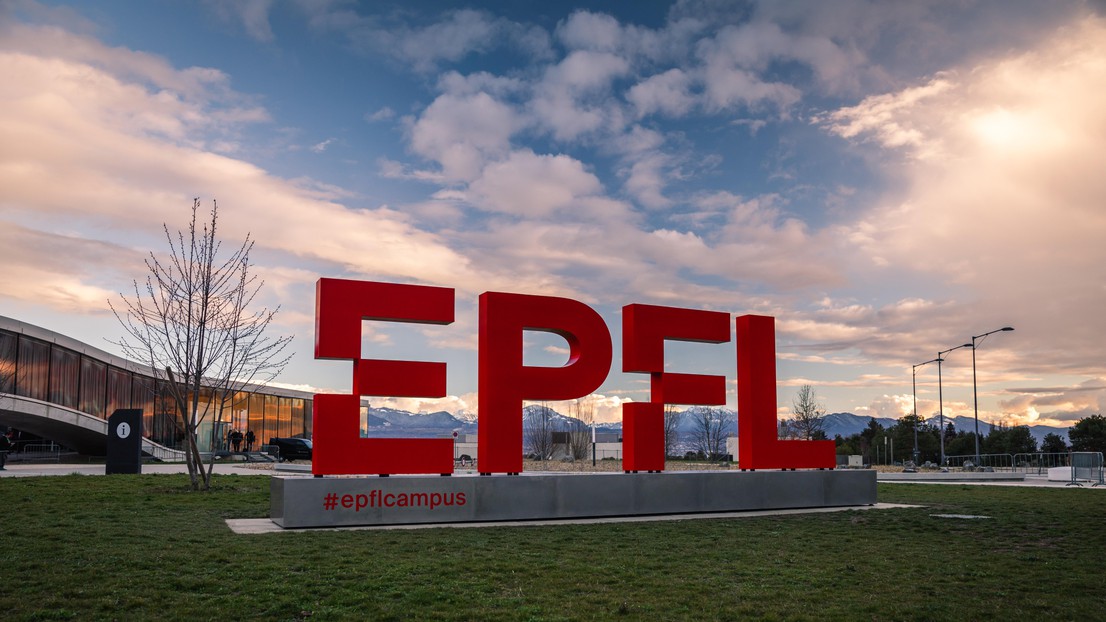At Fermilab and Argonne National Laboratory, researchers work to determine whether instruments called superconducting radio-frequency cavities, also used in particle accelerators, can solve one of the biggest problems facing the successful development of a quantum computer: the decoherence of qubits. The research had been focused on qubits made from photons.
Scientists have to overcome a few hurdles before quantum computers become viable and competitive. One of the largest is finding a way to keep delicate qubit states isolated long enough for them to perform calculations.
But if the qubits can’t be kept cold enough to maintain an entangled superposition of states, perhaps the devices themselves can be constructed in a way that makes them less susceptible to noise.
It turns out that superconducting cavities made of niobium, normally used to propel particle beams in accelerators, could be the solution. These cavities need to be constructed very precisely and operate at very low temperatures to efficiently propagate the radio waves that accelerate particle beams. Researchers theorize that by placing quantum processors in these cavities, the qubits will be able to interact undisturbed for seconds rather than the current record of milliseconds, giving them enough time to perform complex calculations. (Phys.org)


